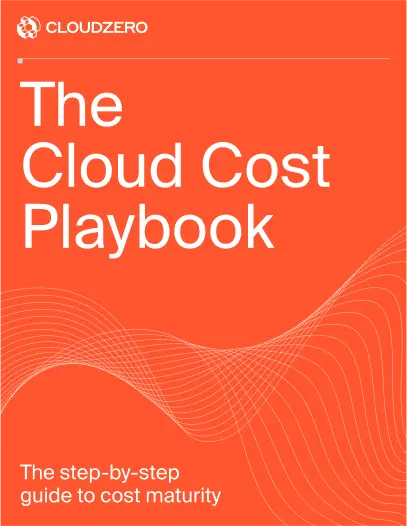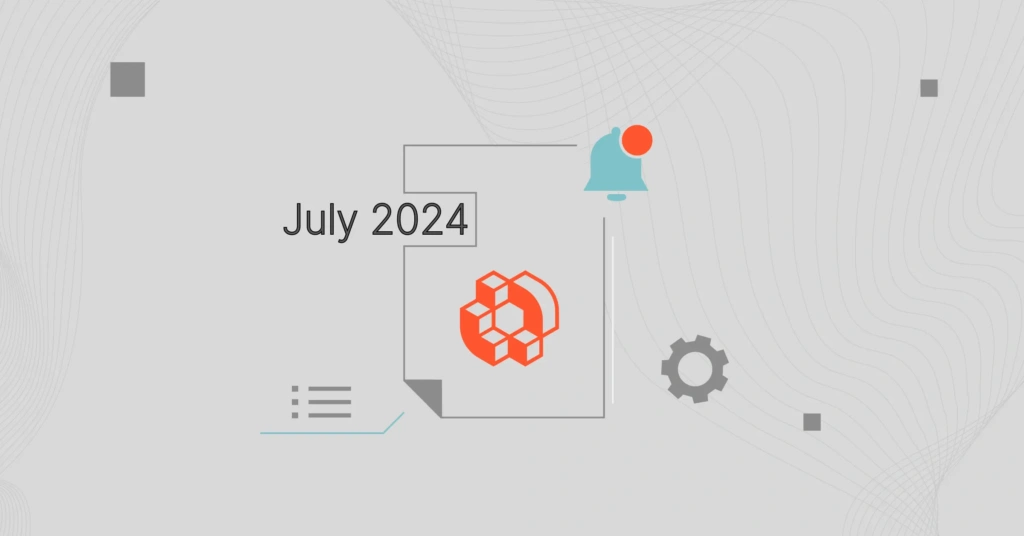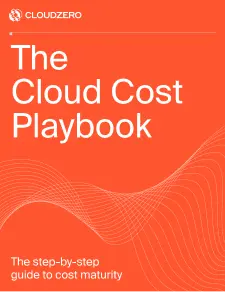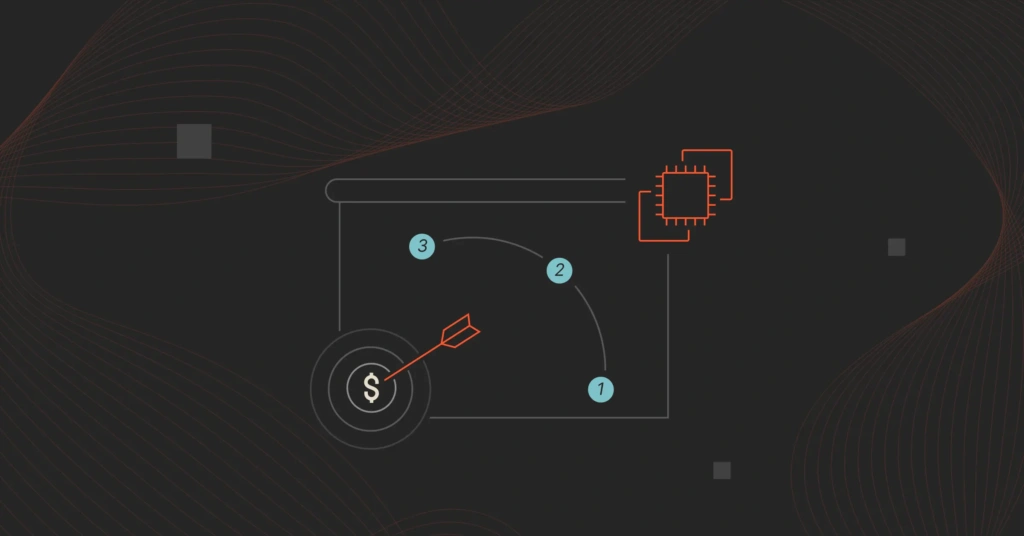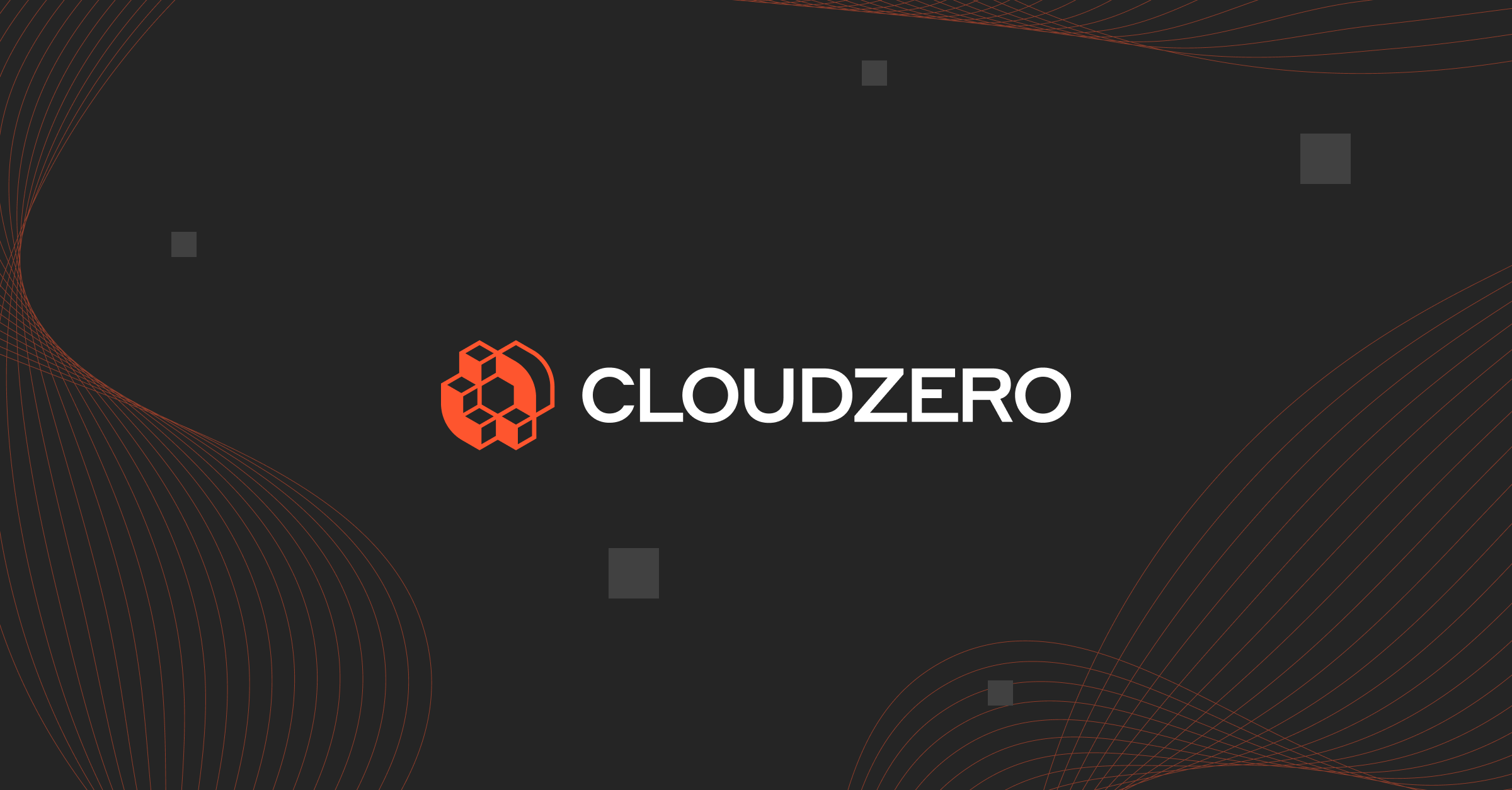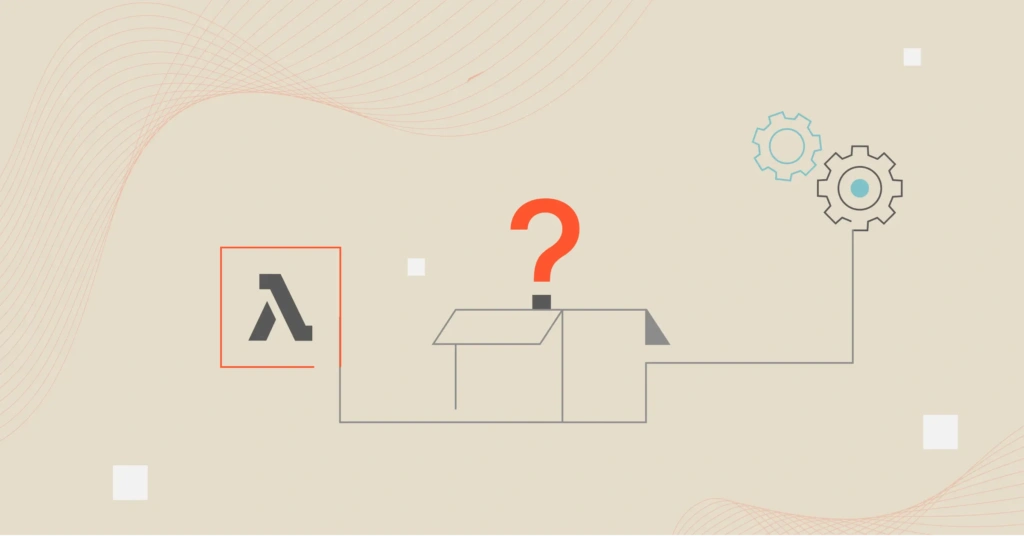For years, CloudZero has been a leader in the cloud cost allocation space, a statement supported by the fact that we remain the only cloud cost management platform to have received SOC1 Type 2 certification for our extreme accuracy when it comes to allocation and financial reporting capabilities.
To quote our co-founder in the 2022 blog post listed above, “Quite simply, we organize cloud spend better than anyone else in the world.”
Even so, we’re always looking to iterate and improve. That’s why our team spent much of the last month focusing on two new and improved approaches for ingesting and allocating Kubernetes costs, specifically.
Along with those major Kubernetes improvements, we’ve also released a number of user experience improvements, as well as a number of other minor features that you can read about below.
On top of all of that, we were also very excited this month to be included in The Forrester Wave™: Cloud Cost Management and Optimization Solutions, Q3 2024, which provides an in-depth evaluation of the most significant cloud cost management and optimization vendors.
Without further ado, read below to learn about the most notable features and enhancements our team has rolled out in the past month.
CloudZero Kubernetes Agent
What it is: The new CloudZero Kubernetes agent provides users with a new, more efficient and cloud agnostic approach for consuming and allocating Kubernetes costs. While CloudZero has had industry-leading Kubernetes allocation accuracy for some time, this new approach to collecting container metrics includes significant improvements, including:
- A single agent/approach for any cluster solution across all providers
- Enhanced visibility for cost allocation
- Simplified deployment with one agent per cluster
- Improved cost efficiency
This new approach leverages Prometheus, an open source standard, to directly pull metrics from each node, eliminating the need to deploy a daemon set or rely on Cloud Service Provider (CSP) native log monitoring such as CloudWatch.
The new CloudZero Kubernetes agent can easily be deployed via Helm chart, and will start gathering data from the Kubernetes environment within a matter of minutes. The agent supports both self-managed Kubernetes (in the cloud) as well as CSP-managed installations such as AWS Elastic Kubernetes Service (EKS) and Azure Kubernetes Service (AKS).
Check out our product documentation to learn more about leveraging the new CloudZero Kubernetes agent.
Customer value: This new approach allows customers to take advantage of CloudZero’s industry-leading Kubernetes cost allocation capabilities in a more cloud-agnostic and cost effective way.
Status: Generally Available
EKS Split Cost Allocation Data (SCAD) Support
What it is: With all of the benefits of the new Kubernetes agent in mind, we also do recognize that some organizations are either agent-averse or simply looking for an easy button. That is why, while simultaneously working on a new agent, our team has developed support for Split Cost Allocation Data (SCAD) for AWS EKS.
While this approach does not come with all of the benefits of our new agent, it is an extremely simple way to quickly ingest EKS container cost data via a customer’s existing Cost and Usage Report (CUR) file. This approach to Kubernetes cost allocation allows teams to allocate costs based on container-level consumption of shared compute and memory resources.
Customer value: While we do encourage any customer who is able to take advantage of all the benefits of our new Kubernetes agent to do so, we also strive to make sure customers have flexible options to meet them where they are. Providing SCAD support for EKS provides an extremely simple way for customers to allocate shared Kubernetes costs in their AWS environments.
Status: Generally Available
Unit Metric API Enhancements
What it is: As part of our ongoing effort to make it easier for customers to define and track advanced unit metrics in CloudZero, we have released a handful of helpful enhancements to our Unit Metric API. These enhancements include:
- API now accepts all default timestamp formats
- Provides suggested corrections with validation errors
- GET endpoint is added to the API
Customer value: All of these enhancements are centered around minimizing the time needed to troubleshoot API errors and validate that everything is working properly. We will continue to build upon these enhancements in the near future to continue to make it easier and easier for our customers to leverage the API to define and track even the most complex unit metrics related to their business efficiency.
Status: Generally Available
And More!
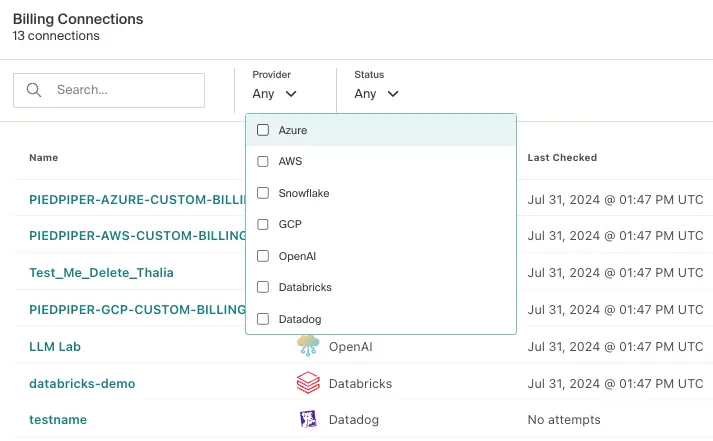
Connections Page Improvements: The Billing Connections page, which allows customers to manage their various cost sources and cloud integrations, now includes search, filtering, and sorting.
This update will make it easier for customers to quickly locate the specific connection or types of connections they are looking for. Users are able to search for specific terms or filter by cloud provider or connection status.
Improved Slack Integration Process: We have improved and significantly simplified the process of integrating the CloudZero platform with Slack.
Customers are now able to add a new Slack channel by simply copying the Slack Channel ID from the About tab of that channel and pasting it into the Slack section of the App Integration page in the CloudZero console. You can read more about this process here.UI
Improvements: In the continued effort to develop a modern, extremely user friendly console, we’ve made a handful of design enhancements, including minor updates to the Analytics page, updating the Settings navigation, and building more consistencies across all headers and grids throughout the platform.
